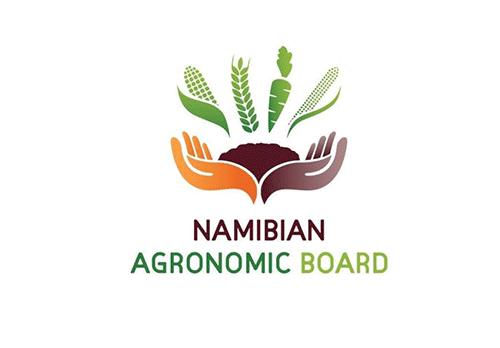What is Cross-border Smuggling?
The illegal movement of goods across national borders is known as cross-border smuggling. In the context of agronomy and horticulture products in Namibia, it refers to the illegal movement of controlled agronomic and horticultural goods into or out of the country. This involves the unauthorised transportation of products across borders without complying with relevant regulations, duties, and taxes. In this article, we shed light on cross-border smuggling, its consequences, and the efforts being made to combat this illicit practice.
Drivers of Cross-border Smuggling
Economic gains serve as the primary motivation for individuals engaging in cross-border smuggling. By evading import or export duties, smugglers reduce their costs and increase profits by selling the products at lower prices, thereby undermining legitimate Namibian businesses.
Challenges and Impacts on Namibia’s Agronomy and Horticulture Sector
The smuggling of agronomy and horticulture products gives rise to several problems. Firstly, it undermines Namibian laws, regulations, and policies, thereby creating an uneven playing field for legal businesses. Secondly, it poses a risk to food safety and quality standards as unregulated products of unknown origin enter the market, thus potentially jeopardizing the health of citizens. Additionally, smuggling results in lost revenue for the country, as duties and tariffs go unpaid, and hence hindering the growth and development of Namibia’s agronomy and horticulture sectors.
Although the exact figures of the losses incurred annually due to the cross-border smuggling of agronomic and horticultural products are challenging to determine precisely, most smuggled products have an average value below N$10,000. The regions that witness heightened smuggling activities include the Zambezi region, notably involving white maize from Zambia. Limited surveillance resources in these areas contribute to the prevalence of smuggling activities.
The Importance of Legally Documented Flows
Legally documented flows of agronomy and horticulture products are of utmost importance to safeguard Namibia’s infant industry, ensure fair trade for industry enterprises, and maintain food safety standards for the benefit of citizens’ well-being.
The penalties and consequences for engaging in cross-border smuggling are governed by several legal instruments, including the Agronomic Industry Act, Act 20 of 1992, Customs and Excise Act, Act 20 of 1998, Fruit and Plant Protection Act of 1992, and the Noxious Insects Act of 1934. The application of these laws ensures that those caught engaging in smuggling activities face appropriate legal consequences.
Public Involvement in Combating Smuggling
Civilians and the general public play a critical role in the fight against cross-border smuggling. By remaining vigilant and promptly reporting any suspicious activities involving controlled agronomic and horticultural crops, individuals can aid authorities in addressing smuggling incidents. The Namibian Agronomic Board has set up a “Report Smuggling SMS line” (SMS 79500), which the public can use to report incidents of smuggling, with each SMS costing N$0.40.
We urge the public to collaborate with the NAB and other authorities such as NamRA, the Namibian Police, the Ministry of Agriculture, Water, and Land Reform, in reporting suspected smuggling activities. Together, we can protect Namibia’s agronomy and horticulture sector, foster fair trade practices, and safeguard the well-being of our citizens.
The cross-border smuggling of agronomy and horticulture products poses significant challenges to Namibia’s agricultural sector. It is through collective efforts, public vigilance, and strong enforcement of laws that we can effectively combat this illicit practice and build a sustainable and thriving agronomy and horticulture industry in Namibia.Top of Form



